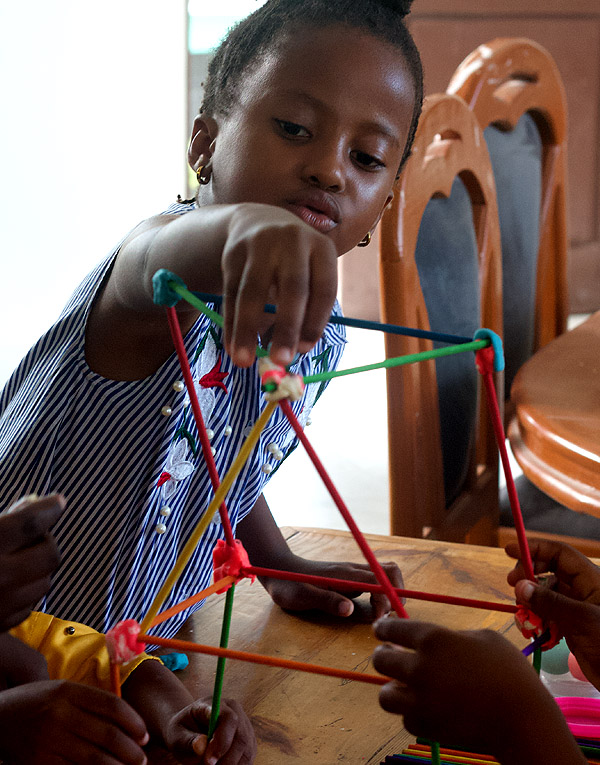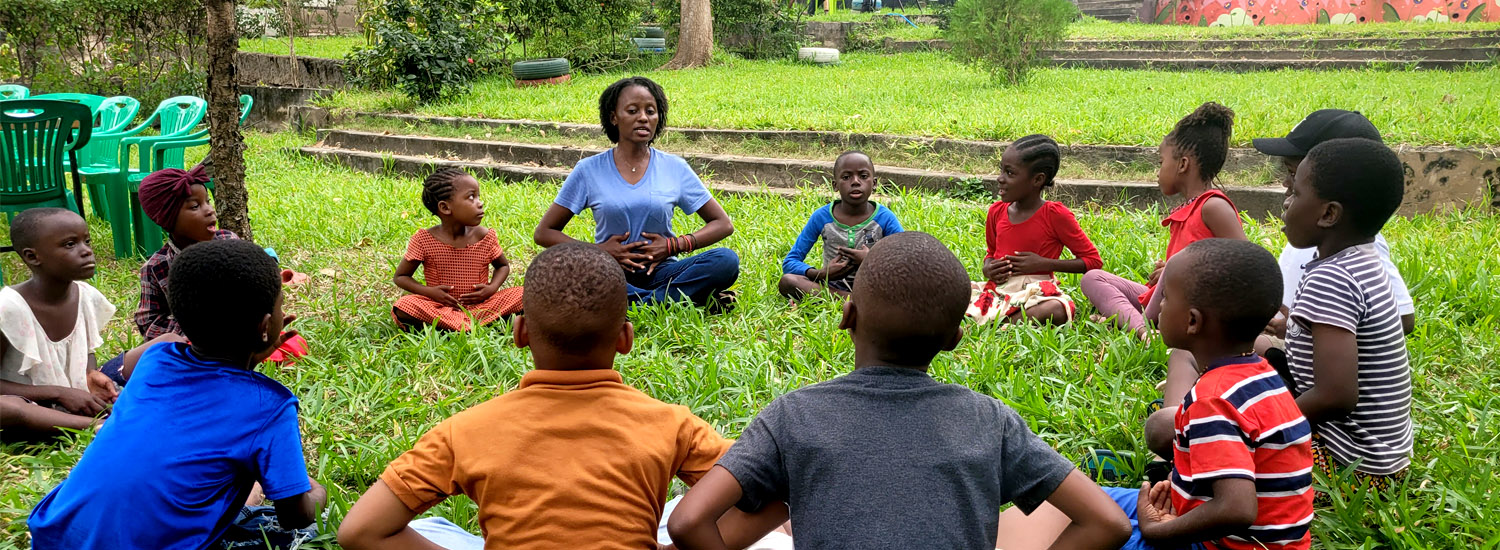“In a nutshell, social and emotional learning is a process by which children and adults acquire and apply core competencies to recognize and manage emotions, set and achieve positive goals, appreciate the perspectives of others, establish and maintain meaningful and supportive relationships, make responsible decisions, and develop resilience as they handle personal and interpersonal situations constructively”
Using Social Emotional Skills, Bright Jamii Initiative trains children to acquire skills that are necessary for their development, while equipping parents, caregivers and teachers with necessary tools for holistic development of children.

From effective problem-solving to self-discipline, from impulse control to emotion management and more, SEL provides a foundation for positive, long-term effects on children, adults, and communities.
Rearing a child in the 21st century comes with a lot more challenges than it was experienced by our grand-parents and ancestors. The fast-paced development, the rapid innovations in technology and the transformation in world of work may require parents and educators to be more conscious and supportive in how they support the development of their children. Parents and educators in the 21st century need not
only use the positive traditional means of parenting, but also acquire knowledge and skills that will enable them to be more resilient, self-disciplined, responsible and embrace their culture as they unleash their potentials.
Studies keep revealing that, to raise a child in the current generation may not necessarily require physically and emotional harming punishments as a means to correct behaviors, rather, to identify opportunities each incident of a misbehavior presents so as to meaningfully develop a skill and when needed, use restorative approaches to correct and guide the child.

Bright Jamii Initiative supports children, families and schools to develop in five competences i.e., Self-awareness, self-management, responsible decision making, relationship skills, and social awareness.
Character Development
Almost every parent and educator, wishes to help their children to become responsible, courageous, honest and kind human beings. In other words, they want them to have good characters. Character development is about building good habits, and habits take time to form.
Bright Jamii Initiative uses The Virtues ProjectTM approach to character development where we support children, parents and educators to unleash the positive characters in their children by using the Five Strategies:

The Strategies
THE FIVE STRATEGIES
These are practices that are very crucial from the moment a baby is born and serve as an integral part of who they will become. In any family, school and community, the practice of love, patience, compassion, excellence, devotion, and joy allows each act and interaction to be meaningful.
Language shapes character. The way we speak to one another, and the words we use, have great power to discourage or to inspire. Learn how to speak the language of virtues when acknowledging, guiding and correcting to bring out the best in a child. When we speak the language of virtues, we replace shaming and blaming the child with gentle reminders of who they are and how they want to be.
Recognizing the virtues needed in daily challenges helps us to become lifelong learners open to the lessons of character. In everything there is virtue, either virtues being practiced or virtues needed. When we see any situation through the lens of virtues, we become more aware of the virtues we need to call on and the virtues that are already guiding us.
Boundaries keep us safe. In The Virtues Project, boundaries are based on virtues. What virtues are needed? How do we practice them? This practice creates clarity and a climate of peace and safety, in all of our relationships-- at home, in school, and in the community. This strategy is needed when we have a problem in any area of our life. Personal boundaries help us to build healthy relationships, and protect our time, our energy and our health.
This strategy begins with respect for the dignity of each person and encourages us to make time for wellness and reflection. It is expressing what is meaningful in our lives by participating in the arts, honoring special life events, time in nature, and sharing our stories with each other.
Learn how to truly listen and be present to another person. This is the strategy to use when someone else has a problem. One of the greatest gifts we have to give to another is our presence. By being deeply present and listening with both compassion and detachment, we help others to empty their cup and find their own answers. This approach empowers others to discern their teachable moments and to reflect on their virtues.